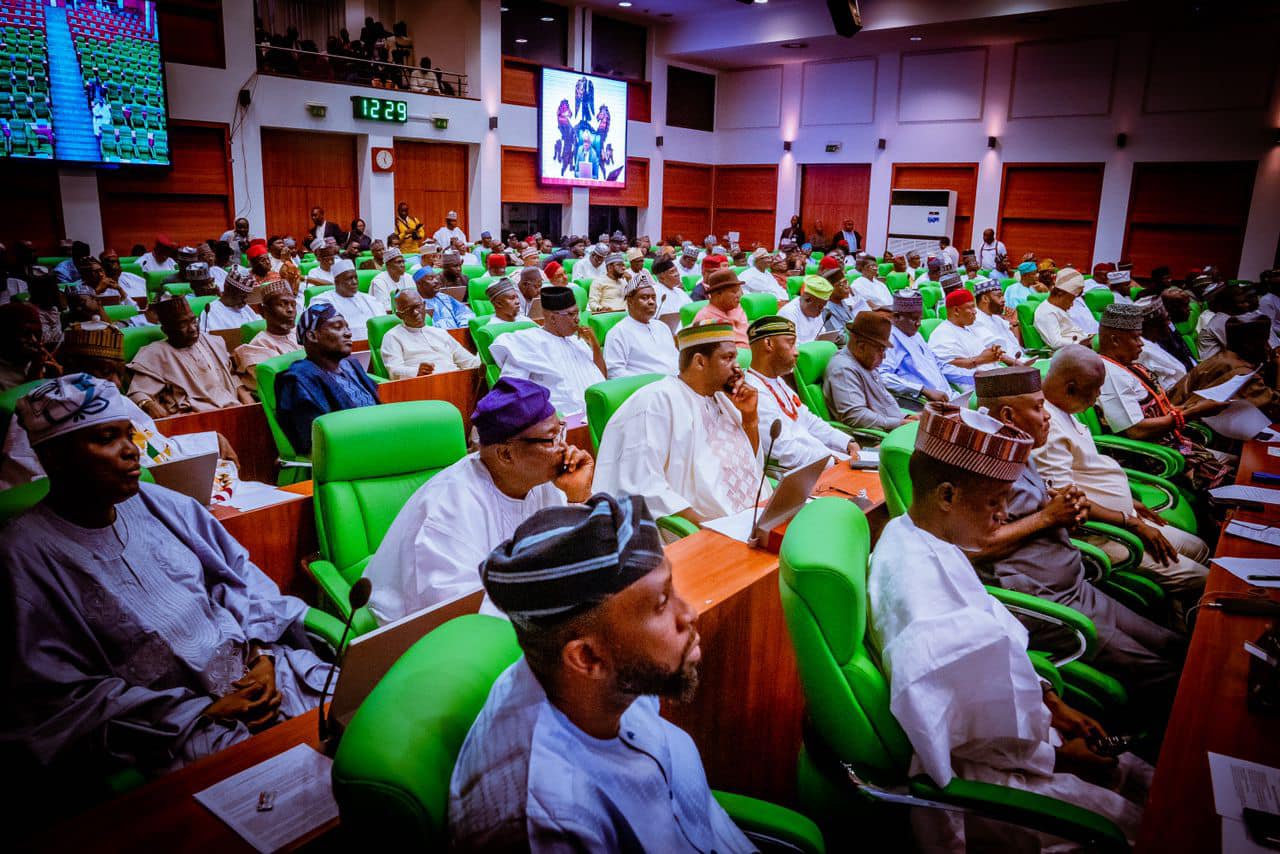Nigerian Lawmakers Withdraw Bill Proposing Higher Educational Requirement for Presidential and Gubernatorial Candidates

Nigerian lawmakers have decided to shelve a proposed bill aimed at elevating the educational prerequisites for key political positions within the country.
The bill, introduced by Adewunmi Onanuga and presented in the House of Representatives, sought to establish a minimum educational qualification for individuals vying for governorship, presidency, and other critical elective offices in Nigeria. Currently, the constitution permits candidates with only a First School Leaving Certificate to contest these pivotal positions.
During a spirited debate at the House of Representatives plenary session, Onanuga passionately advocated for the importance of higher education in fostering effective leadership. While the proposal initially garnered support from notable figures like House Leader Julius Ihonvbere and several lawmakers, it faced vehement opposition from the likes of Aliyu Madaki (APC, Kano) and Ahmadu Jaha (APC, Borno). These dissenting voices argued that the bill could potentially disenfranchise competent individuals who lack formal university degrees but possess substantial experience and leadership acumen.
In light of the contentious discourse, Onanuga decided to temporarily withdraw the bill, citing the need for further dialogue and consensus-building among her colleagues. “It appears some of our colleagues need further lobbying. I will move to step down the bill for now,” she affirmed.
Meanwhile, amidst the political turbulence surrounding educational qualifications, the House of Representatives received a fresh bill proposing the creation of three new states in the South-West region. Sponsored by lawmaker Oluwole Oke, the bill aims to garner support from at least two-thirds of the legislators to facilitate the establishment of Oke-Ogun, Ijebu, and Ife-Ijesa as independent states.
Oke’s proposal delineates the respective capitals and constituent local government areas for each envisioned state, envisioning a transformative restructuring of the South-West geopolitical landscape.
If successfully passed into law, Oke’s bill would elevate the South-West, currently comprising six states, to the region with the highest number of states in Nigeria.
“I wish to forward the above-mentioned bill to your office for further necessary legislative action to enable me to move same in our great Green Chamber, sir,” expressed Mr. Oke in a letter addressed to the parliament’s clerk, underscoring the gravity of the proposed legislative changes.


















Comments
This post currently has no comments.